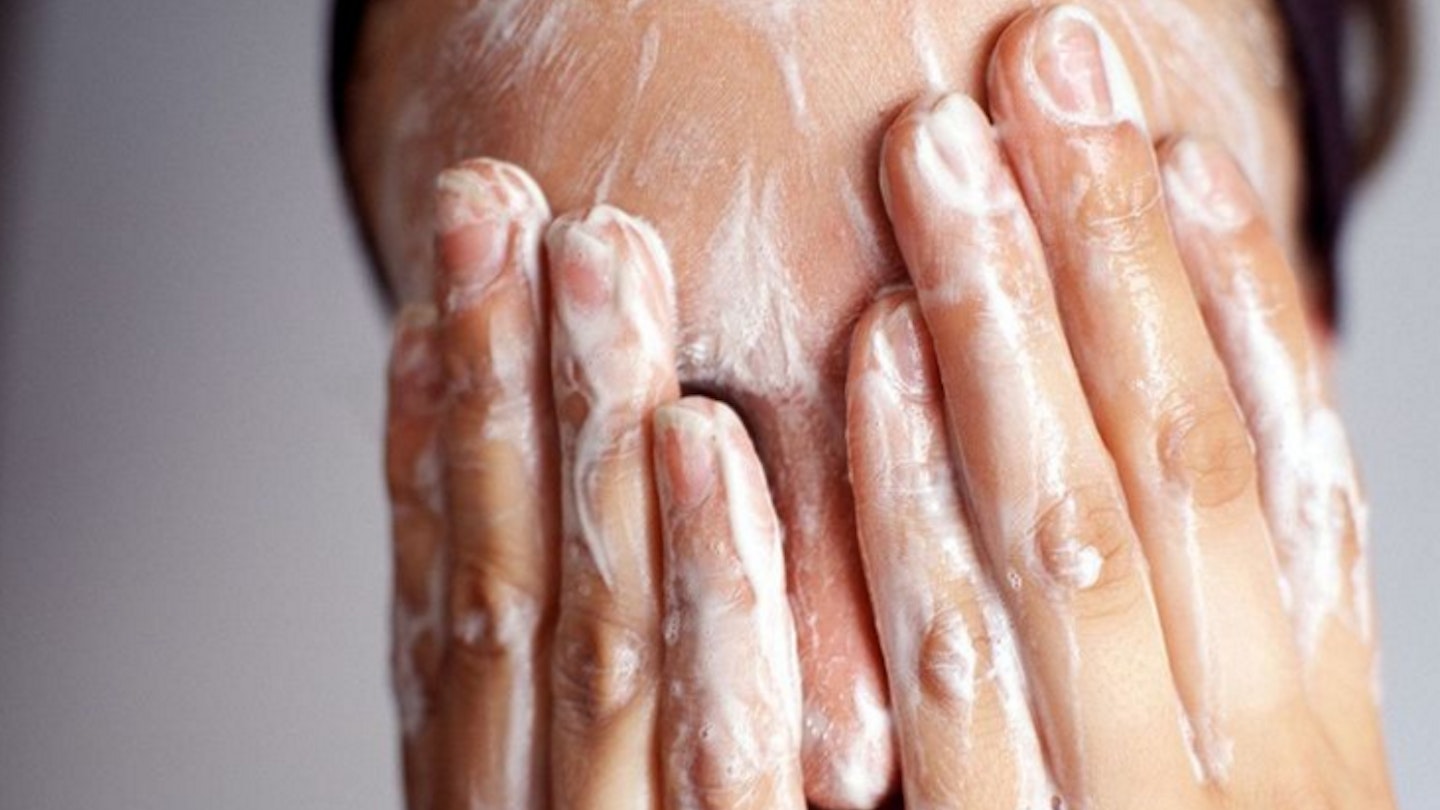Scientists from Bath University have developed an alternative to the controversial microbead found in many beauty products - from exfoliators to toothpastes - which will not harm the environment.
Microbeads, typically made from plastic, are controversial as they often end up in the sea and can cause harm to birds and fish that ingest them. In turn, this means that sometimes the food we eat has microbeads in it, too.
The new beads were created using a biodegradable material called cellulose that will be broken down easily, preventing any harmful consequences to wildlife.
'We've developed a way of making microbeads from cellulose, which is not only from a re' Dr Janet Scott told the BBC. 'We hope in the future these could be used as a direct replacement for plastic microbeads.'
680 tonnes of microbeads are used in the UK every year, with 100,000 washing down the shower every time a product containing them is used. The US has already banned the use of microbeads, while the UK has planned to have them off the shelves this year.
